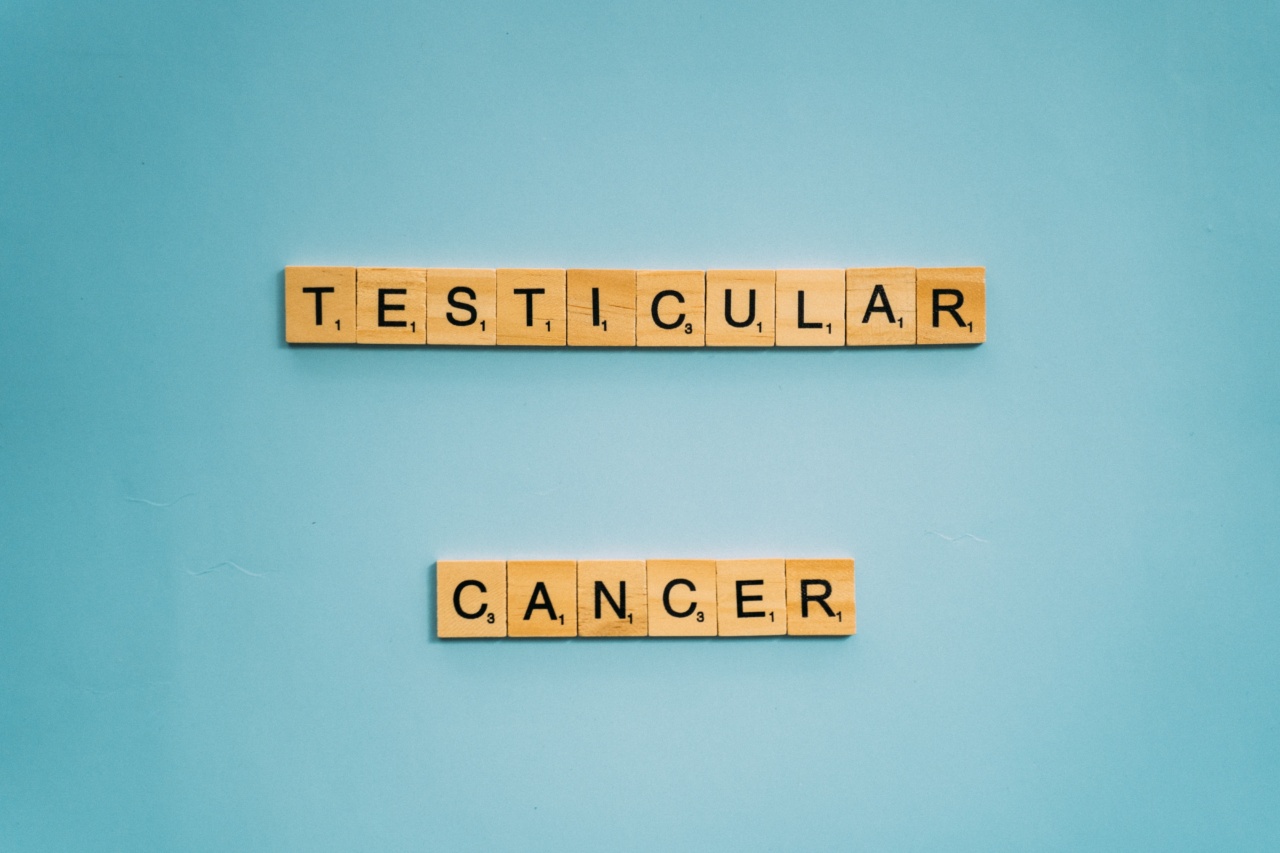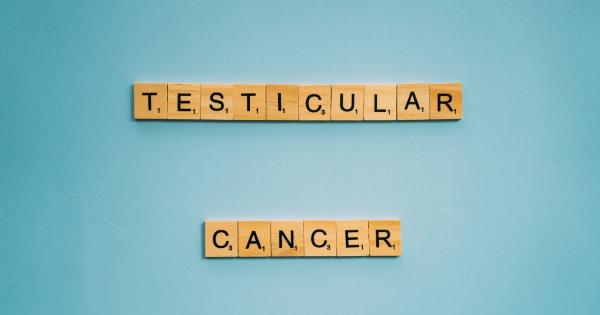Testicular cancer is a concerning issue for men of all ages.
With the increasing popularity of muscle mass supplements, some individuals have raised concerns about a potential connection between these supplements and the development of testicular cancer. In this article, we will explore the existing scientific literature to assess whether there is any evidence to support such claims.
Understanding Testicular Cancer
Testicular cancer is a type of cancer that develops in the testicles, which are part of the male reproductive system. It primarily affects young and middle-aged men, with the most common age of diagnosis being between 15 and 35 years.
Testicular cancer occurs when abnormal cells in the testicles start dividing and growing uncontrollably, forming a tumor.
Types of Muscle Mass Supplements
Muscle mass supplements are commonly used by individuals who are trying to enhance their athletic performance or build muscle. These supplements come in various forms, including protein powders, creatine, and other dietary supplements.
Examining the Research
While concerns regarding muscle mass supplements and testicular cancer have been raised, it is crucial to understand that scientific research in this area is limited.
However, we will analyze the available studies to determine if there are any significant associations.
1. Study on Creatine
A study published in the International Journal of Sports Medicine in 2011 aimed to investigate the association between creatine supplementation and testicular cancer.
The researchers found no significant link between creatine use and the development of testicular cancer.
2. Protein Supplements and Testicular Cancer
In 2015, a study conducted at Harvard University examined the potential relationship between protein supplements and testicular cancer risk.
The results of the study suggested that there was no overall increased risk of testicular cancer associated with protein supplement use.
3. Anabolic Steroids and Testicular Cancer
Anabolic steroids are often used illicitly to enhance muscle growth. However, there is limited scientific research specifically examining the relationship between anabolic steroid use and testicular cancer.
Further studies are needed to provide conclusive evidence.
4. Ongoing Research
Although current research does not support a strong association between muscle mass supplements and testicular cancer, it is essential to note that additional studies are still needed to gather more conclusive evidence.
The field of research is constantly evolving, and new findings may emerge in the future.
Precautions and Recommendations
While there is no substantial evidence suggesting a direct link between muscle mass supplements and testicular cancer in men, it is always wise to take certain precautions when using these supplements. Here are some recommendations:.
1. Consult a Healthcare Professional
Prior to starting any supplement regimen, it is advisable to consult with a healthcare professional. They can offer personalized advice based on your specific health status and needs.
2. Follow Recommended Dosages
Ensure that you follow the recommended dosages provided by the supplement manufacturer. Taking excessively high doses or using the supplements improperly may lead to unforeseen health risks.
3. Choose Reputable Brands
Purchase muscle mass supplements from reputable brands that adhere to strict quality control measures. Avoid purchasing products from unknown sources or with dubious claims.
Conclusion
Based on the current scientific literature, there is no substantial evidence to suggest that muscle mass supplements, such as protein powders or creatine, lead to testicular cancer in men.
However, it is crucial to approach the use of these supplements with caution, follow recommended guidelines, and seek professional advice when necessary.



























